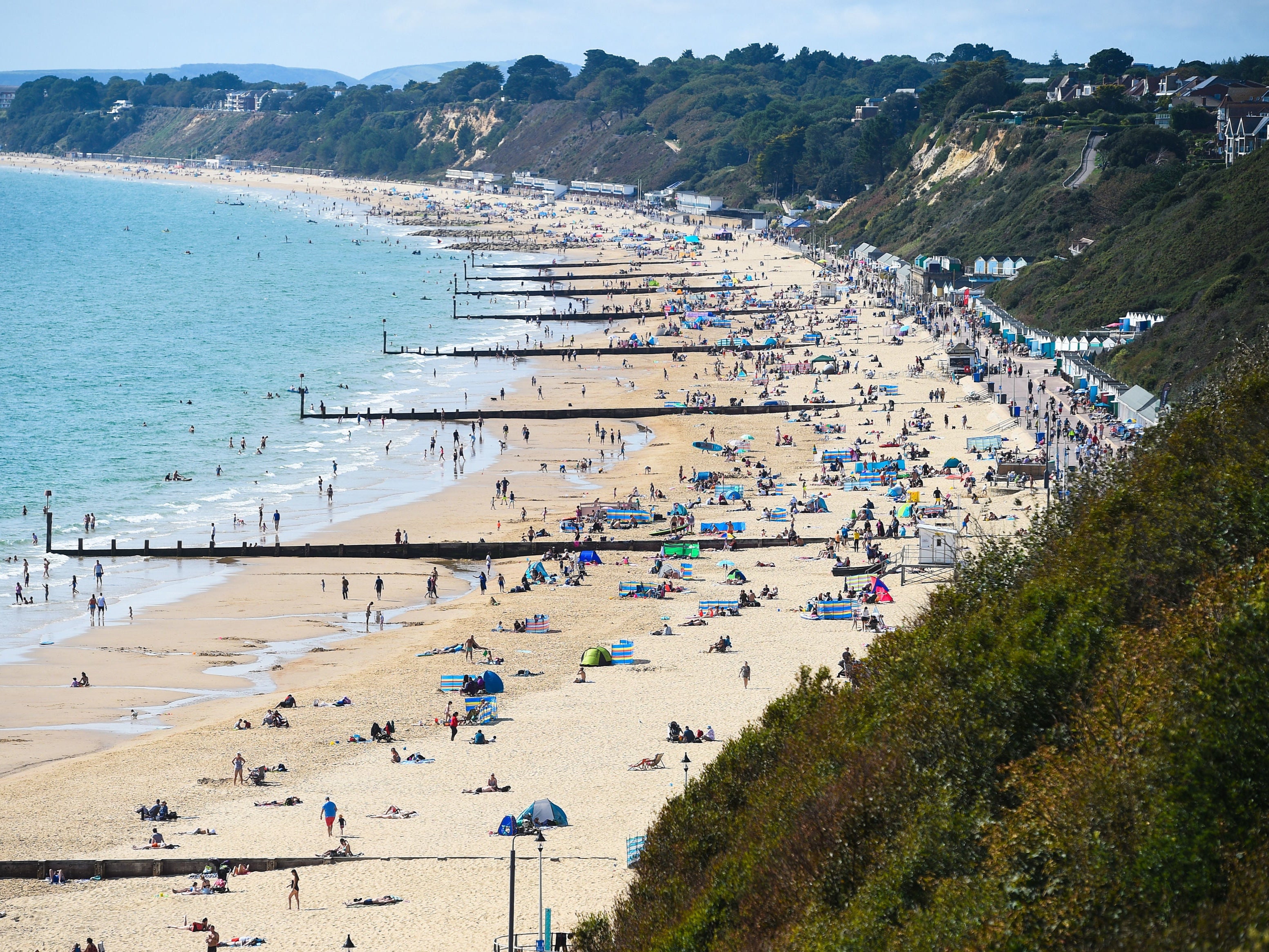Raw sewage dumped near English and Welsh beaches 3,000 times in one year, report finds
Water companies allow untreated sewage into the sea during periods of heavy rain to prevent sewers from backing up

Your support helps us to tell the story
From reproductive rights to climate change to Big Tech, The Independent is on the ground when the story is developing. Whether it's investigating the financials of Elon Musk's pro-Trump PAC or producing our latest documentary, 'The A Word', which shines a light on the American women fighting for reproductive rights, we know how important it is to parse out the facts from the messaging.
At such a critical moment in US history, we need reporters on the ground. Your donation allows us to keep sending journalists to speak to both sides of the story.
The Independent is trusted by Americans across the entire political spectrum. And unlike many other quality news outlets, we choose not to lock Americans out of our reporting and analysis with paywalls. We believe quality journalism should be available to everyone, paid for by those who can afford it.
Your support makes all the difference.Water companies discharged raw sewage into the sea near bathing water beaches in England and Wales almost 3,000 times in the past year, a report has found.
Surfers Against Sewage recorded 2,941 sewage pollution incidents in the 12 months to the end of September, including at popular bathing areas and beauty spots. At least one person needed emergency medical treatment due to becoming ill while in the water.
Water companies allow untreated sewage into the sea during periods of heavy rain to prevent sewers from backing up. The practice can cause pollution incidents known as combined sewer overflows (CSO).
Hugo Tagholm, SAS chief executive, accused water companies of putting "profit before fully protecting the environment".
He said: "This report demonstrates that rivers and oceans are being treated like open sewers as combined sewer overflows are used as a routine method for disposing of sewage, instead of in the exceptional circumstances under which it is permitted.
"Even worse, some - like Southern Water - are not even notifying the public when they do this so people cannot make informed decisions about their own health.
"This feels particularly horrifying in a year where we are all battling the Covid-19 pandemic, a virus that is being tracked through sewage works."
SAS accused Southern Water of failing to send CSO notifications during the entire summer bathing season, between May and September.
A Southern Water spokesperson said: "An improved service is being finalised in consultation with stakeholder groups including Surfers Against Sewage. The new service uses improved software engineering combined with enhanced monitoring at our sites to speed the process of notification and reduce false positives."
The conservation charity also singled out South West Water (SWW) as "the worst performing water company" for its number of CSO discharge notifications per 10,000km of sewerage network.
In response, a SWW spokesman said: "Inevitably, the report - which focuses on alerts rather than actual spill data - is biased against those water companies which are monitoring and sharing information more proactively."
The SAS report said that in the most severe pollution cases, two water users needed antibiotics for their gastroenteritis issues due to exposure to poor water quality in Bournemouth and in Marazion, near Penzance.
In addition, a respondent said they needed emergency care for severe abdominal pain after bathing at Mwnt Beach, Cardigan, Wales.
Campaigners are calling for a range of new measures including investment from water companies in sewerage infrastructure to eventually end the use of emergency sewage overflows.
Additional reporting by PA news agency

Join our commenting forum
Join thought-provoking conversations, follow other Independent readers and see their replies
Comments